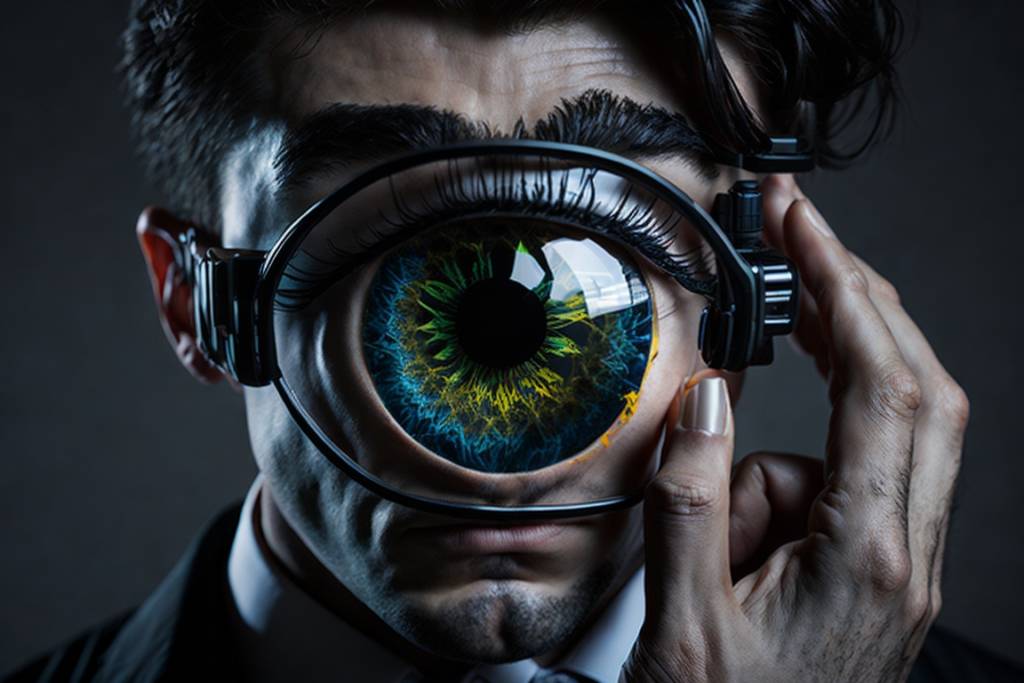Is it time to make a paradigm shift, or should we remain patient and await further development?
Recent evidence shows that Chat GPT-4, an advanced AI model, has scored an astonishing 91% on the French board exams in ophthalmology. This remarkable achievement prompts an exciting possibility: could this level of knowledge be harnessed to support medical professionals as they see patients? But it also raises a critical question: Is Chat GPT-4 ready to see patients itself?
The answer is an emphatic NO! But why?
The reason lies not in what AI can do but in what our examinations assess and what is still beyond the grasp of artificial intelligence. While the score achieved by Chat GPT-4 demonstrates that a machine can master factual knowledge to a high degree, there are essential skills that remain elusive to AI. These include empathy, correct and meaningful communication, and adaptability to a patient’s unique situation. In stark terms, we are failing to test our colleagues on what truly defines an excellent ophthalmologist and surgeon.
What Makes a Great Ophthalmologist?
A proficient ophthalmologist’s skill set goes far beyond what’s measured in traditional exams. The abilities that make an individual excel in this field can be classified into the 4 Cs:
- Communication: Building trust and understanding with patients and colleagues, including meaningful interactions that resonate with the patient’s emotions and concerns.
- Critical Thinking: Analyzing complex situations and arriving at an informed conclusion.
- Creative Thinking: Adapting to new challenges and finding innovative solutions, including tailoring approaches to unique patient scenarios.
- Collaboration: Working seamlessly with other healthcare professionals to ensure holistic care.
What Makes a Great Surgeon?
Being a surgeon, especially in the delicate field of ophthalmology, demands an even more nuanced blend of skills, including:
- Discipline: Adhering to strict protocols and standards.
- Structure: Organizing tasks and prioritizing them for optimal outcomes.
- Motor Skills: Precision and control in surgical techniques.
- Cognitive Skills: Robust decision-making and problem-solving abilities.
- Mindset Skills: Focusing, managing anxiety, maintaining awareness, achieving peak performance, and consistently producing the best results.
Conclusion
The impressive score achieved by Chat GPT-4 in the French Board of Ophthalmology is undoubtedly a technological milestone. However, it highlights a vital flaw in our assessment system and emphasizes that the qualities that make a true ophthalmologist go far beyond examination scores.
The human aspects of empathy, intuition, creativity, and collaboration cannot be captured by AI or assessed through traditional tests. As we marvel at technological advancements and recognize the potential support AI can offer, let us also reassess our standards and strive to cultivate and recognize the uniquely human skills that make an ophthalmologist truly great.

